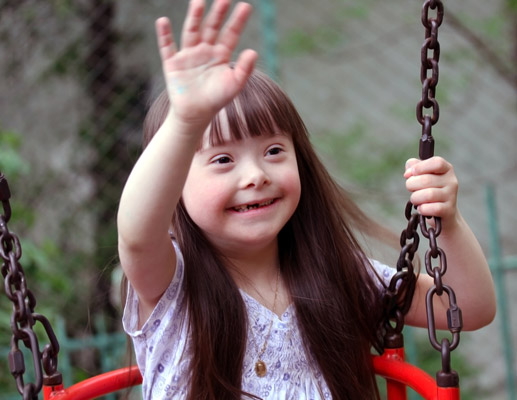Vulnerable Infants and Children course


This session will look at types of vulnerability that you are likely to encounter in children and young people you see in your everyday practice. It links in closely with the previous module Family health and with the modules ahead. It should encourage you to think of child vulnerability in a broad and thoughtful way.
Learning objectives
By the end of this session you will be able to:
- Explain what is meant by ‘vulnerable’ and list four categories of vulnerability factors
- List three factors which make a child vulnerable and the effects they can have on a child
- Explain the importance of early intervention in improving outcomes
- Outline some of the challenges of providing child health promotion services to vulnerable children and give examples of strategies for overcoming these challenges
Due to their age, a child will always be more at risk of coming to harm in adverse circumstances due to their limited capacity for self-protection. These factors may be multiple and interplay to increase the risk to the child further, which we will explore in this session.
Identifying vulnerable children is important in order to improve outcomes through early intervention and prevent problems from escalating and the child coming to harm.
Dr Andrea Goddard is a consultant paediatrician at St Mary’s Hospital, Paddington and clinical lead for child protection at Imperial College Healthcare NHS Trust.
She is also Honorary Senior Lecturer at the Faculty of Medicine, Imperial College, London and Designated Doctor for Child Protection for NHS Westminster and Lead Paediatrician for the three London Sexual Assault Referral Centres.
Her interest in social paediatrics and child maltreatment is complemented by an interest in adolescent health and child rights.

- Anaesthesia | Obstetrics | Regional Analgesia 2: T...
- Posted By eIntegrity Healthcare e-Learning
- Posted Date: 2024-12-28
- Location:Online
- This session explains how to prepare for a regional analgesia for labour, how to insert an epidural catheter and how to establish and maintain labour analgesia.
- NiPHC Transition to Practice Program
- Posted By APNA - Australian Primary Healthcare Nursing Association - Transition to Practice Program
- Posted Date: 2024-12-28
- Location:Online
- Transition to Practice Program: helping nurses make the move into primary health care.
- Anaesthesia | Obstetrics | Body Composition and Gr...
- Posted By eIntegrity Healthcare e-Learning
- Posted Date: 2024-12-28
- Location:Online
- The session starts with an introduction to the concept of growth and development, and why this is important for paediatric anaesthesia pharmacology. This includes an important outline of what is ‘normal’. A key point of this session is for th
- Anaesthesia | Obstetrics | Anaesthesia in Early Pr...
- Posted By eIntegrity Healthcare e-Learning
- Posted Date: 2024-12-28
- Location:Online
- This session will describe the common risks to both mother and fetus that require surgery in early pregnancy. It will support the recognition of the potential pitfalls of anaesthetizing women in early pregnancy to ensure the safety of both the mother and
- Anaesthesia | Obstetrics | Breastfeeding and Anaes...
- Posted By eIntegrity Healthcare e-Learning
- Posted Date: 2024-12-28
- Location:Online
- This sessionprovides information for an anaesthetist to give to mothers about the benefits of breastfeeding, and the safety of drugs commonly prescribed in the perioperative period.








